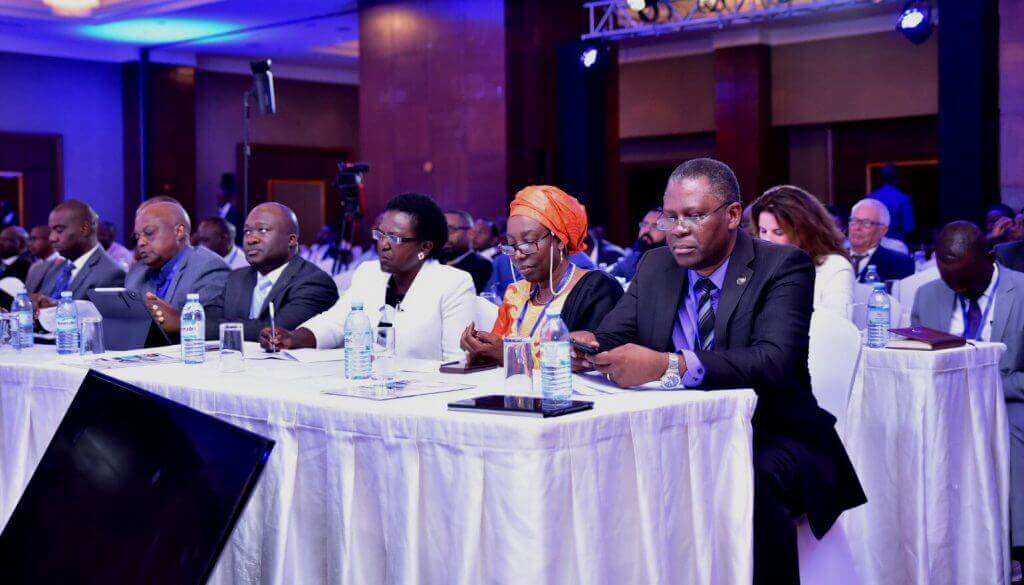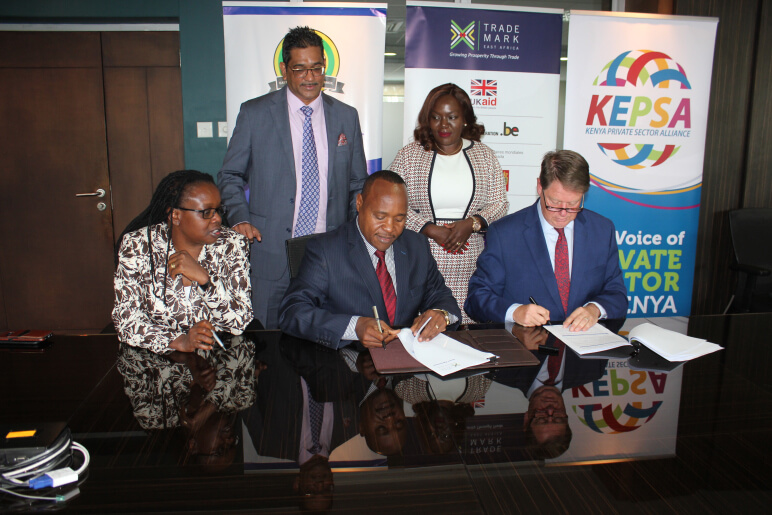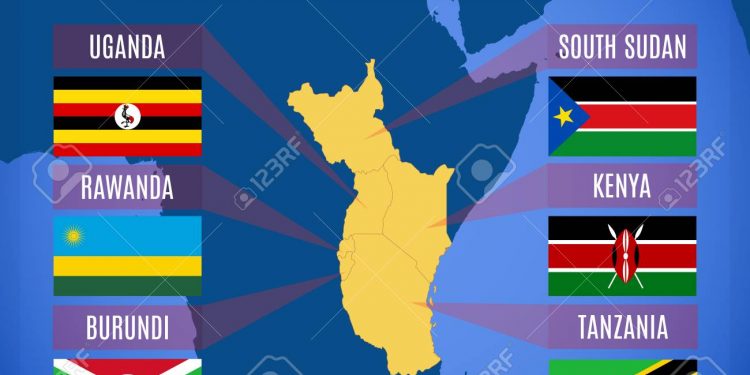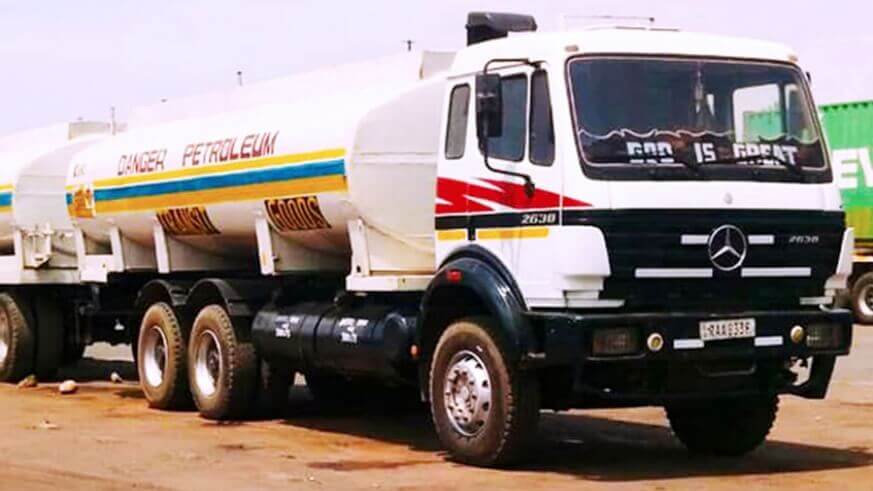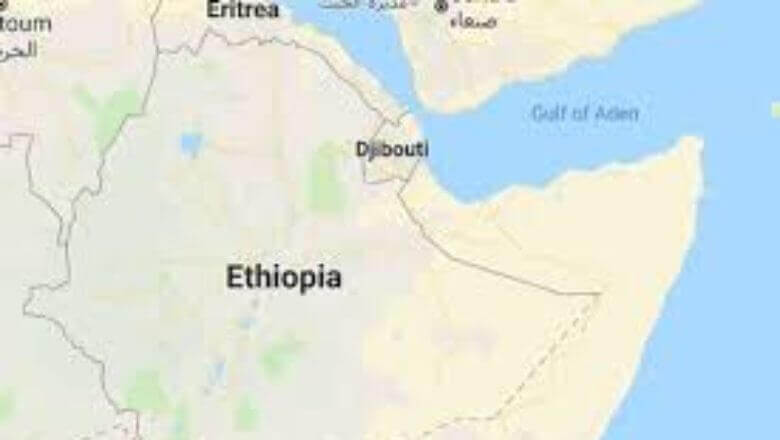August 25, 2019 (JUBA) - South Sudan National Revenue Authority (NRA) and TradeMark Africa (TMA) have inked an agreement to promote trade and help the young nation, whose economy largely depends on oil revenues, diversify into other sectors by establishing modern systems for the faster clearance of goods. The deal, officials said in statement, will link South Sudan to the Regional Electronic Cargo Tracking system (RECTs), which is currently implemented on the Northern Corridor in Kenya, Uganda, Rwanda and the Democratic Republic of Congo (DRC) through the respective revenue and customs administrations. RECTs is a web-based integrated system used to monitor transit cargo from departure to the final destination. The new trade agreement is in important in that it will assist Juba in reducing the cost of security bonds, theft and diversions, and enhance security on the transit route from the port of Mombasa. TMA, however, said it hopes South Sudan’s Government of National Unity, expected to be inaugurated on November 12, will materialise. “We are committed to doing our part, but it has to be stressed that we need a government of national unity to stick to the peace deal and start doing good work for the citizens in November,” said TMA CEO Frank Matsaert at the signing of the deal on Friday last week. South Sudan, where oil revenues make up nearly 98 percent of the budget, has been reeling an under economic crisis due to civil war. Source: Sudan Tribune
South Sudan signs trade facilitation agreement
Posted on: August 28, 2019
Posted on: August 28, 2019




